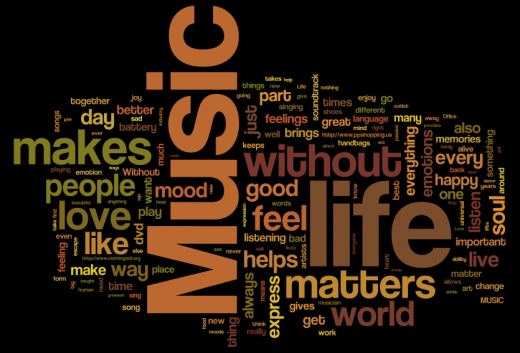“I would teach children music, physics, and philosophy; but most importantly music, for the patterns in music and all the arts are the keys to learning.”
– Plato
Music Matters
Babies and toddlers newborn to age 2 are primarily in a receptive mode of learning. Psychologists, neuroscientists, and experts in early childhood development have demonstrated that music does more than bring babies joy; it helps their brain cells make connections needed for virtually every kind of intelligence. When consistently engaged by music in an age-appropriate, socially accepting environment, babies benefit at many levels:
- Early Literacy. They gain the phonological processing, spoken language, and comprehension skills that are the foundation of reading.
- Quantitative. They build the spatial-temporal and reasoning skills required for math, science, and engineering.
- Social-Emotional. They develop social and emotional skills that are essential for school readiness—like the ability to regulate their responses and relate to others in complex ways.
- Physical. By moving and dancing to music and playing simple instruments, children improve their gross and fine motor skills.
- Creative. Activities that encourage freedom within a fun and friendly structure spark children’s creativity and provide inspiration
Music classes for babies and toddlers should include:
- Instrument play. Age-appropriate child-safe instrument experiences develop a sense of rhythm and steady beat and awareness of the specific qualities of sound, encouraging spontaneity and creativity.
- Movement. A classroom full of baby and caregiver pairs moving together helps little bodies develop muscle strength while experiencing the joy of responding to music.
- Exploration Time. Discovering instruments, textures, sounds, movements and interesting objects will stimulate your baby’s natural curiosity.
- Musical concepts. Your child will benefit from early exposure to basic musical fundamentals like loud and quiet, musical form, tempo, timbre, steady beat, and more!

